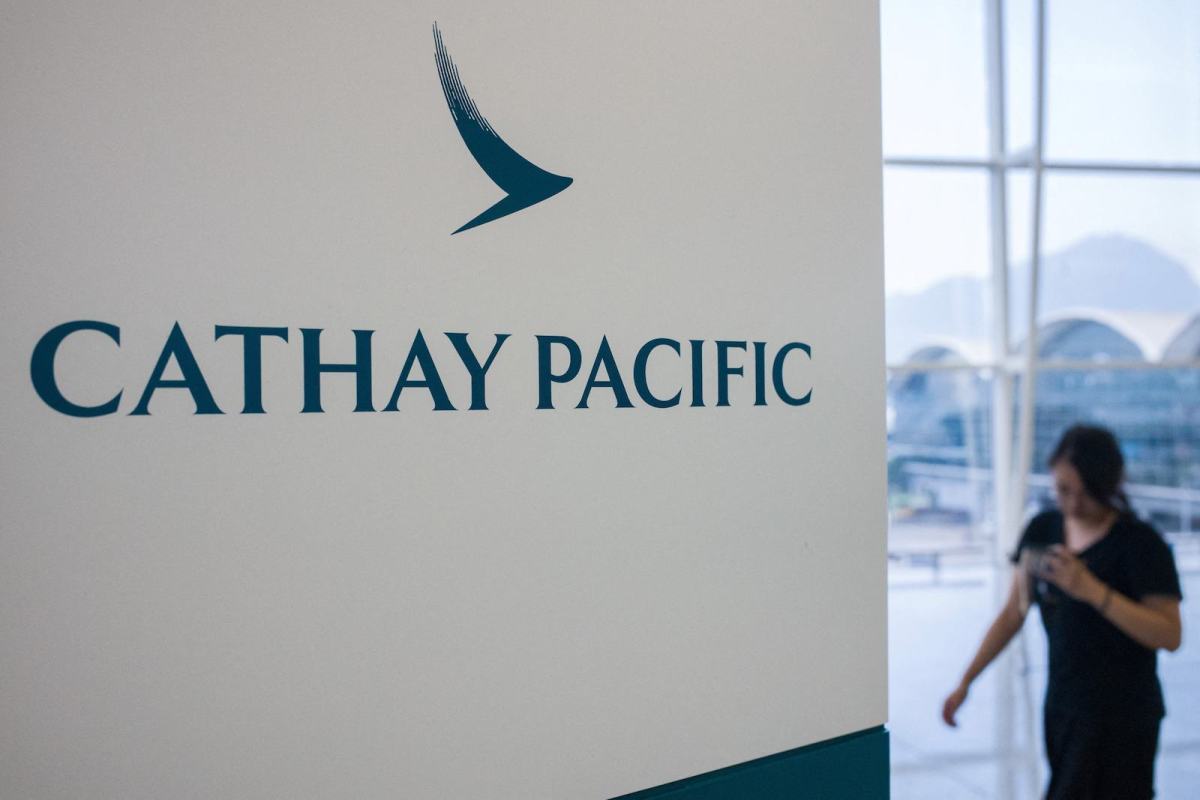[ad_1]
Hong Kong carrier Cathay Pacific said Wednesday it suffered a record $2.8 billion loss last year as the coronavirus pandemic wiped out demand for travel – and the airline warned of a long road to recovery ahead.
Chairman Patrick Healy described 2020 as the “most challenging†in the airline’s 70-year history and said much will now depend on how effective and widespread global vaccination programs are.Â
“It is by no means clear how the pandemic and its impact will develop over the coming months,†he warned, saying the group expected passenger traffic to remain “well below†half of pre-pandemic levels throughout 2021.
The company’s losses were higher than estimates compiled by Bloomberg News.Â
Cathay racked up an attributable loss of HK$21.6 billion ($2.8 billion) for 2020, going deeper into the red as the year wore on.
Its second half losses clocked in at HK$11.8 billion, up from HK$9.9 billion in the first six months of the year when the pandemic first emerged.Â
Like all major airlines, Cathay Pacific has seen its business evaporate during the coronavirus pandemic but the Hong Kong carrier has had an especially torrid year because it has no domestic market to fall back on.Â
It also entered the pandemic in an already vulnerable position. When the coronavirus first emerged Hong Kong had fallen into recession and Cathay Pacific in the red as months of huge and disruptive democracy protests in 2019 led to a plunge in customers, especially from the lucrative mainland Chinese market.
The airline also found itself punished by authorities in Beijing because some of its employees joined or voiced support for the protests.
As the pandemic spread, the airline went on a cost-cutting spree, closing its Cathay Dragon subsidiary and making about 8,500 redundancies.
With the help of a government bailout it underwent a recapitalisation in July that raised HK$39 billion.Â
But passenger numbers have been some 98 percent below pre-pandemic levels since April and for much of last year the company was burning through cash at a rate of up to HK$1.5 billion a month.
jta/dan
© Agence France-Presse
[ad_2]
Source link













